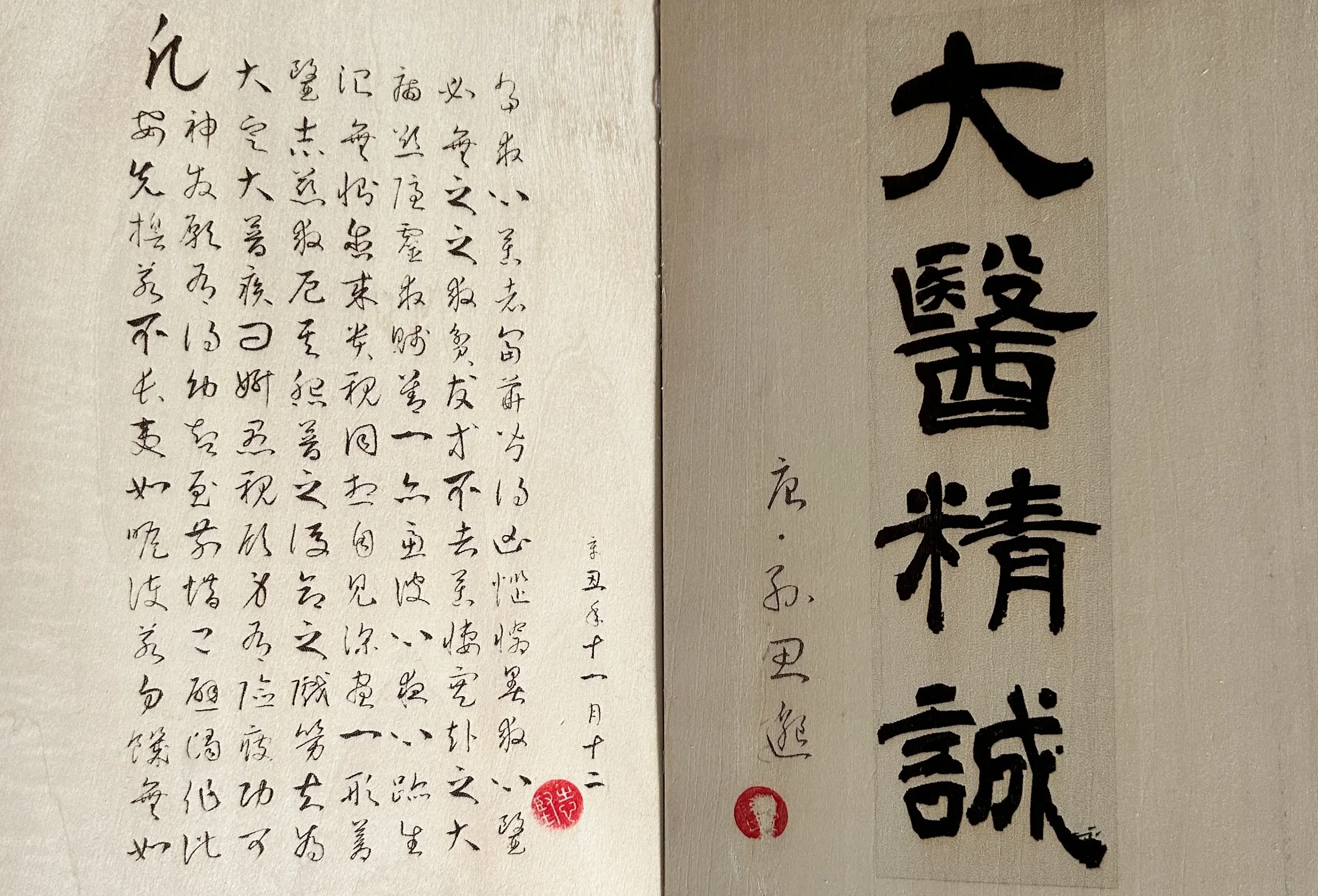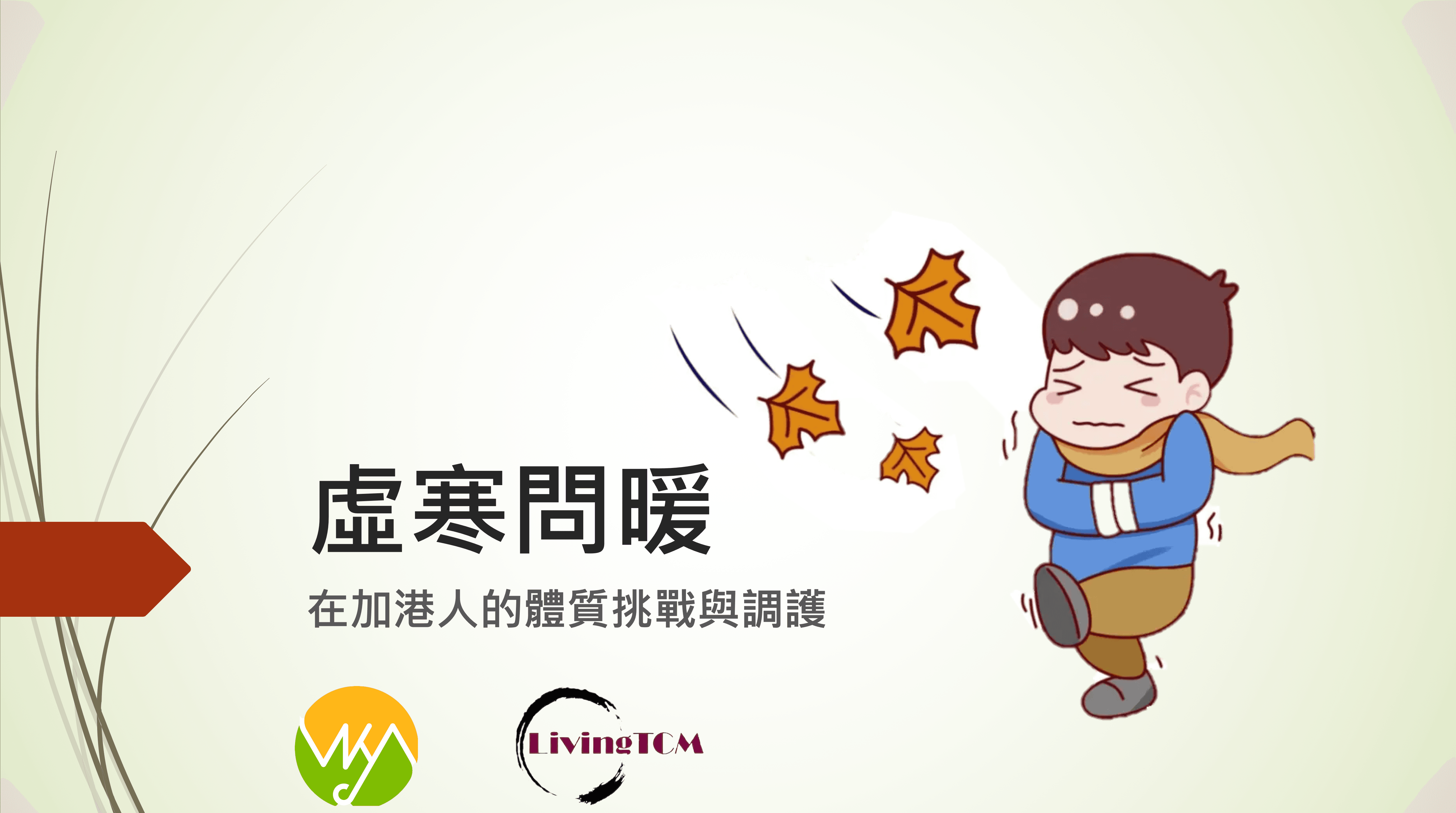想睇中文版?
來得真快!
老中醫第二次見面便主動地跟我談起唐代藥王孫思邈《大醫精誠》的內容,幸好之前也有所涉獵,自己也挺喜歡其意境,還抄寫過一兩片。 《大醫精誠》不是一本書,而是孫思邈所著《備急千金要方》的第一卷,是論述醫德的一篇極重要,且流傳廣,影響深遠的文獻。
《大醫精誠》論述了有關醫德的兩個面向:第一是「精」,亦即要求醫者要有精湛的醫術,認為醫道是「至精至微之事」,習醫之人必須「博極醫源,精勤不倦」。老中醫說對醫理要多加鑽研,如仲景所言除要「勤求古訓,博采眾方」之外,亦要與時俱進,方能更有效地醫治一時一方一地之病。 所以當遇到難治之病,就是自己再虛心求本,翻書找方之時 —— 這是醫者終生的實踐。因此他強調「世上沒有治不好的病,只有你不會治的病!」—— 這個信念對醫患同樣重要,需要時刻警醒。
第二是「誠」,亦即要求醫者要有高尚的品德修養,以「見彼苦惱,若己有之」而策發「大慈惻隱之心」,進而發願立誓「普救含靈之苦」。且不得「自逞俊快,邀射名譽」、「恃己所長,經略財物」;亦要「不得問其貴賤貧富,長幼妍媸,怨親善友,華夷愚智,普同一等。」此外,他還補充了另一點:就是不得譏議及輕蔑同業。
要言之,老中醫提醒我學醫要以「技求精志務誠」為目標,著我要好好記住。
– – – – – –
老中醫問我有沒有做運動的習慣,我說有。他說日後有時間教我「易筋經」。「易筋經」這三個字在腦際迴盪……在金庸的武俠世界,易筋經是絕頂的武林內功心法, 有其相助,再平庸的武功在易筋經摧動下也能化腐朽為神奇。平庸的游坦之學了不足一年便與丁春秋打個平手;令狐沖也是得其幫助才在吸星大法的真氣激盪下撿回性命, 之後才可以封劍隱居,跟任盈盈笑傲江湖。所以這個嗎, 我立刻答應下來。 但老中醫說, 修練的頭一兩年,身體每處都會感到痛楚非常, 要有這個心理準備呢!
– – – – – –
多花了一點時間看老中醫的藥方,好讓辨懂他那手寫得鳳飛鳳舞的草書,說不定日後有機會學習如何執藥, 那時就要看方了。在藥方上看到藿香及佩蘭,很美麗的名字!於是在iPad找查一下他們的藥性,兩者都是化濕藥, 同屬辛味及歸脾、胃、肺經。於是便問老中醫:「 兩隻藥的藥性幾乎一樣, 為甚麼會放在一起呢?一隻不就可以了嗎?」他笑了笑說:「很多藥都是一對對地用的。如常聽到的乳香没藥,就是對藥了。把它們放在一起入藥, 就會發生互相促進或互相抑制等使藥性發揮不同較果的作用。」心想「對藥」這個觀念很有趣, 兩種各不相干的藥物,卻被人配成了一對,可能只有中醫才有這種思維,幹著月老幹的事。後來翻查資料, 原來張錫純(1860-1933)也寫過有關專題, 還列出了很多不同種類的對藥。
It’s too fast for me…
When we met for the second time, he was excited to talk about a book called “Great Truths in Medicine,” written by Suan Simiao during the Tang Dynasty. Since I had looked into it before, I was happy to learn more. This old book, the first part of Suan Simiao’s important work “Essential Formulas Worth a Thousand Gold Pieces,” is known for its smart advice about medicine.
“Great Truths in Medicine” carefully talks about two important parts of being a good doctor: “precision” and “sincerity.” Precision means being really good at medical stuff, treating medicine like a tricky art that needs lots of focus. The doctor said it’s important to mix old wisdom with new ideas to help all kinds of sick people. He strongly believed, “Every sickness can be cured; the ones you can’t cure are just the ones you don’t know enough about.” This strong belief is important for both the doctor and the patient, and it means always being careful.
Sincerity, the second part, is all about being a good person. It’s about caring for others, understanding how they feel, and doing your best to help them feel better. The doctor warned against being too proud, only caring about yourself, or judging people unfairly. He said it’s important to respect everyone, no matter who they are. He really didn’t like it when people talked badly about other doctors.
Basically, the doctor told me to focus on being a really good doctor by being careful and caring.
Then, he asked about my exercise routine and mentioned teaching me something called “Yijin Jing” later on. Hearing about “Yijin Jing” made me really excited. In stories about martial arts by Jin Yong, it’s seen as the best of the best in martial arts moves. With it, even someone with average skills can become amazing. But the doctor warned me that it might be tough at first.
We spent more time going over his prescriptions and admiring his neat handwriting. Maybe one day, I’ll learn how to make medicines myself. I wondered why he combined certain herbs, like “huoxiang” and “peilan,” when they seemed similar. He explained how they work together in Chinese medicine.
Our talk covered a lot about learning Chinese medicine. It felt like there was so much to know, especially for someone like me. But the doctor told me not to worry, mentioning people like Zhang Zhongjing, who started learning medicine later in life after going through hard times. “If you work hard,” he said, “you can achieve great things.” His words were both encouraging and a bit scary, but they stuck with me.
Leaving his clinic, I thought about what he taught me, grateful for the chance to learn from such a wise teacher.
(Date of original post: 2016-09-30)



